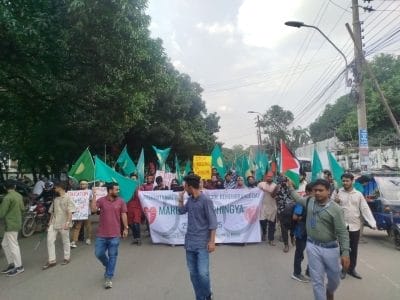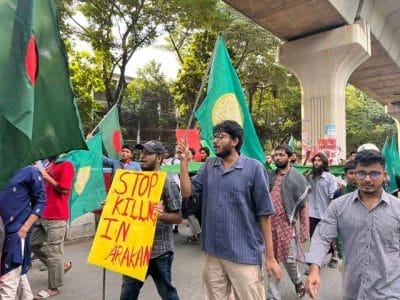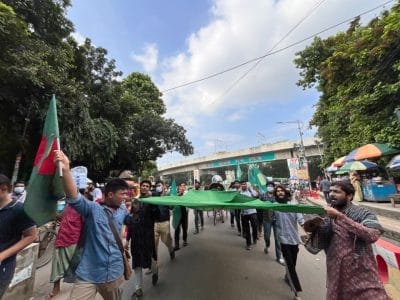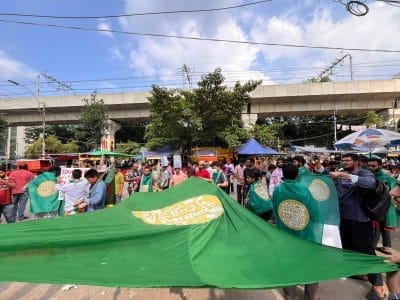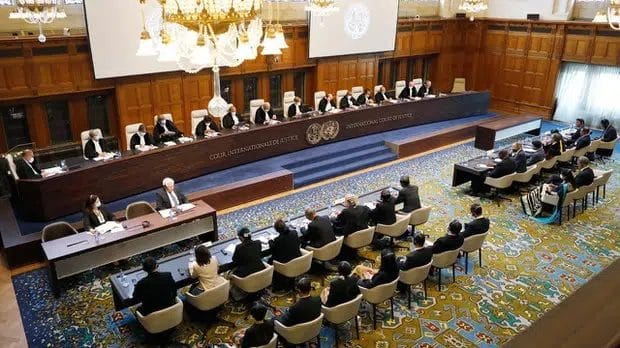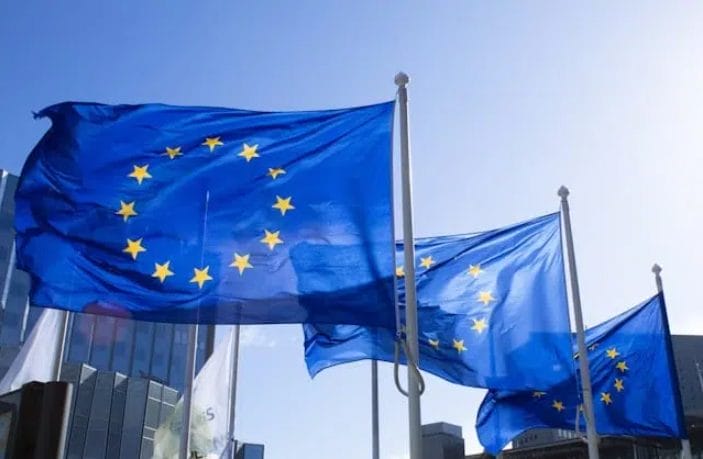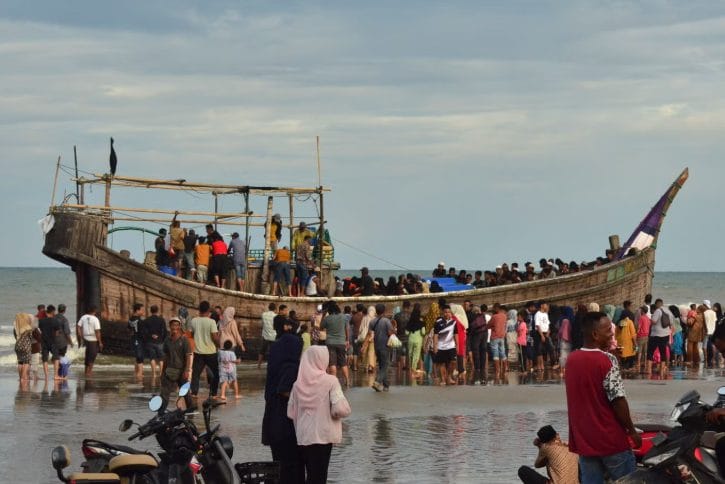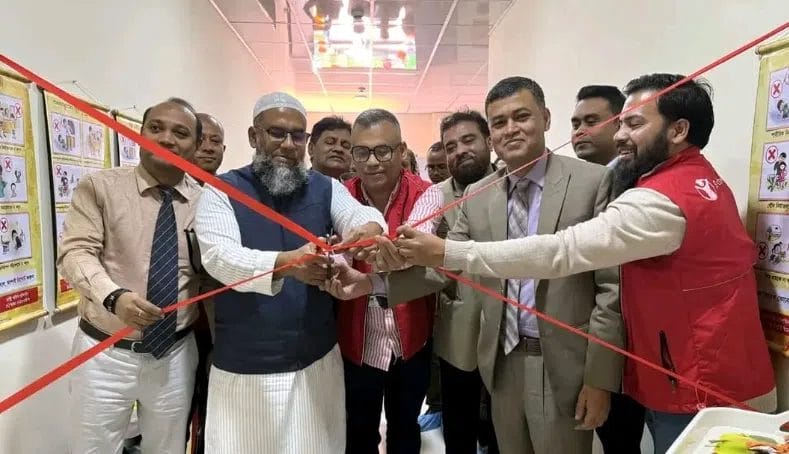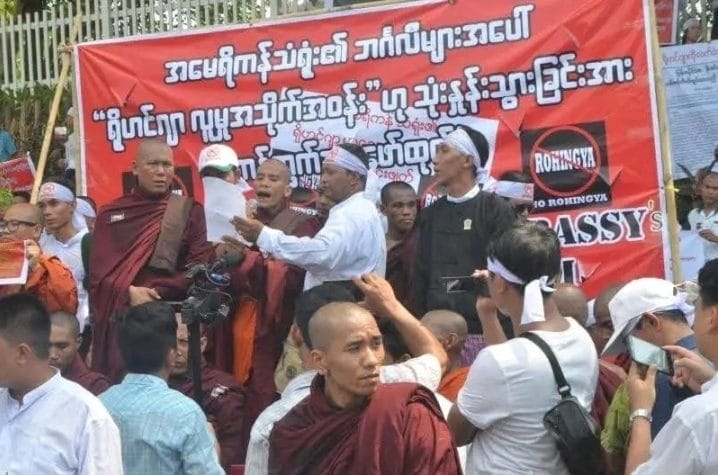Arakan News Agency
The Bangladeshi capital, Dhaka, witnessed on Monday a march for the Rohingya that moved through several streets of the city before gathering in a square, with the participation of dozens of Bangladeshi students, marking the eighth anniversary of the Rohingya genocide which coincides with the military campaign launched by the Myanmar army against the Muslim Rohingya minority in Arakan State in 2017.
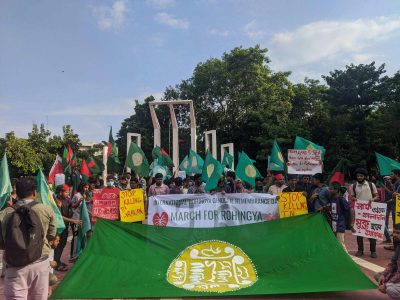
The event was organized by the Bangladesh People’s Alliance for Rohingya Rights, which announced at the end of the march an eight-point roadmap aimed at liberating the Rohingya and ensuring their right to self-determination.
The roadmap included demands for international recognition of the Rohingya massacres as genocide, prosecution of those responsible before the International Criminal Court, guarantee of the right of return and restoration of property, granting the Rohingya safe self-rule under international protection, in addition to compensation and resettlement, and halting any external interference in their political and cultural affairs.
During the march, the alliance’s spokesperson, Shahriar Fahad, called on the international community and human rights organizations to support the Arakan Liberation Movement, stressing that the Rohingya deserve to live in dignity and safety in their homeland.
One of the participants said: “Now elites such as the military and the media must take the Rohingya issue seriously. Although we all know injustice has occurred, we are not addressing it with the seriousness it deserves, and because of that, the Rohingya continue to suffer greatly.”
Bangladesh currently hosts more than one million Rohingya refugees in the camps of Cox’s Bazar, classified by the United Nations as the largest refugee camp in the world, after they fled Myanmar following the genocide carried out against them by the Myanmar army in 2017. The waves of displacement have increased further since the renewed fighting between the Myanmar army and the Arakan Army (separatist) in November 2023, a conflict that also subjected the Rohingya to violence, displacement, and forced recruitment.
